Publications
Articles, publications, books, tools and multimedia features from the U.S. Institute of Peace provide the latest news, analysis, research findings, practitioner guides and reports, all related to the conflict zones and issues that are at the center of the Institute’s work to prevent and reduce violent conflict.
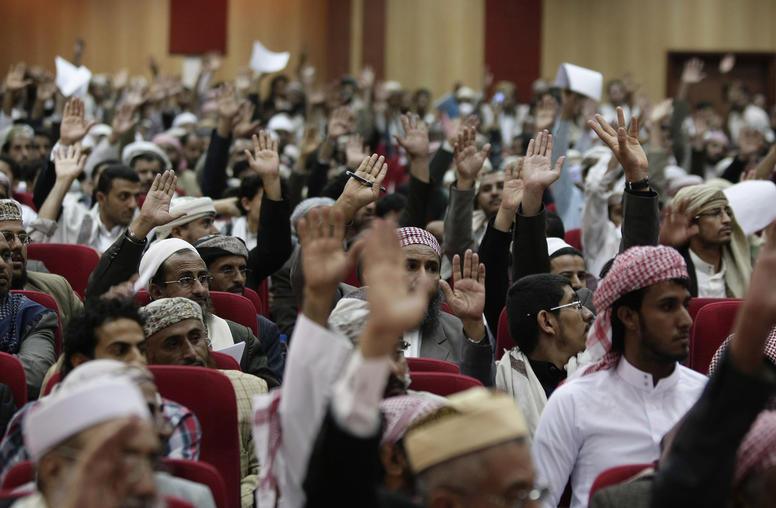
National Dialogues in Peacebuilding and Transitions: Creativity and Adaptive Thinking
At their best, national dialogues hold the promise of adding critical momentum in the drive to transform conflict inclusively. This report examines dialogues in six countries—the Central African Republic, Kenya, Lebanon, Senegal, Tunisia, and Yemen. These diverse processes show the possibilities for fostering dialogue, forging agreements, and driving toward peace; and the report offers extensive guidance on the possibilities and practicalities for those considering convening a national dialogue.
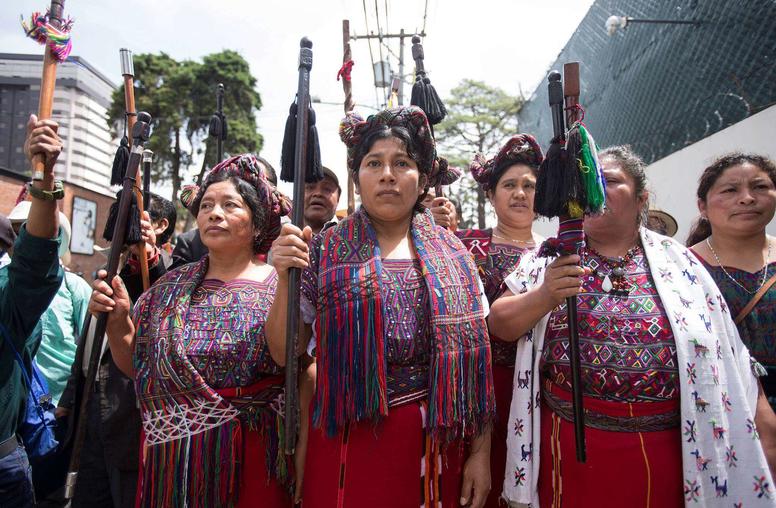
Curbing Corruption after Conflict: Anticorruption Mobilization in Guatemala (Spanish)
Este informe analiza la lucha contra la corrupción en Guatemala llevada a cabo por movimientos sociales en los últimos cinco años, y se hace foco en sus principales éxitos y desafíos al trabajar para avanzar la transparencia, la responsabilidad y la buena gobernanza. Las lecciones aprendidas de los esfuerzos de los movimientos sociales para lograr un cambio positivo en Guatemala pueden aplicarse a otros movimientos del mundo que se encuentran en contextos similares. Las lecciones también tienen mayor relevancia para los actores internacionales que ayudan a los estados a reconstruir la paz y la gobernanza democrática luego de un conflicto violento prolongado.
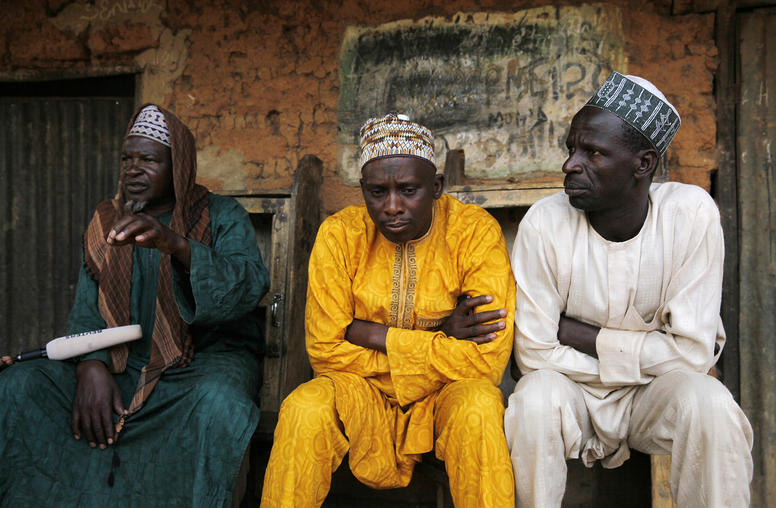
Nigeria’s State Peacebuilding Institutions: Early Success and Continuing Challenges
Three states in Nigeria's conflict-prone Middle Belt—Plateau, Kaduna, and Adamawa—have established peace institutions in recent years. Although the young agencies have made strides toward organizing improved initiatives to quell religious, ethnic, and farmer-herder conflicts in the region, all three face daunting funding and structural challenges. This report provides recommendations for increasing the agencies’ financial stability and organizational independence, helping them build peace in their own states and serve as a model for other states to launch their own peace institutes.
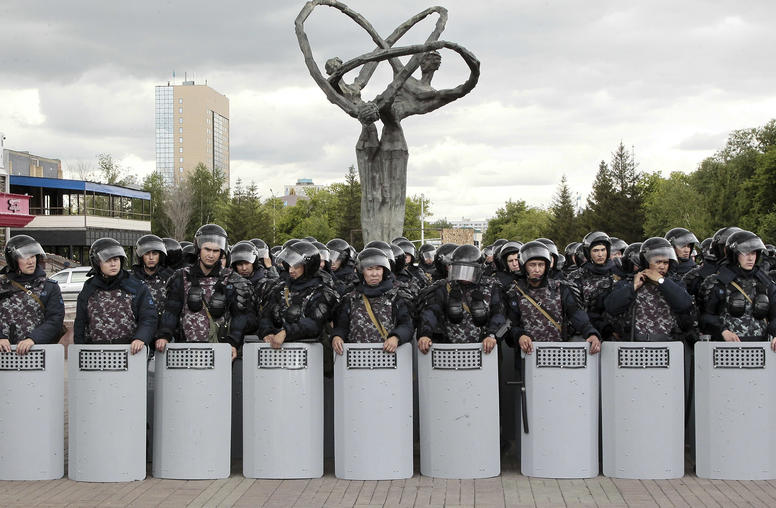
Understanding Organized Crime and Violence in Central Asia
The influence of organized crime on governance and the rule of law in Central Asia has long been recognized, but its role in violence is less broadly understood. Looking at conflicts in Kyrgyzstan, Kazakhstan, and Tajikistan, this report examines the ways that organized criminal actors exploit popular mobilization (such as protests) and weaken state controls in episodes of violence. Recommendations for governments, international agencies, and civil society groups draw from expert interviews and research to address the range of organized criminal motives and circumstances.
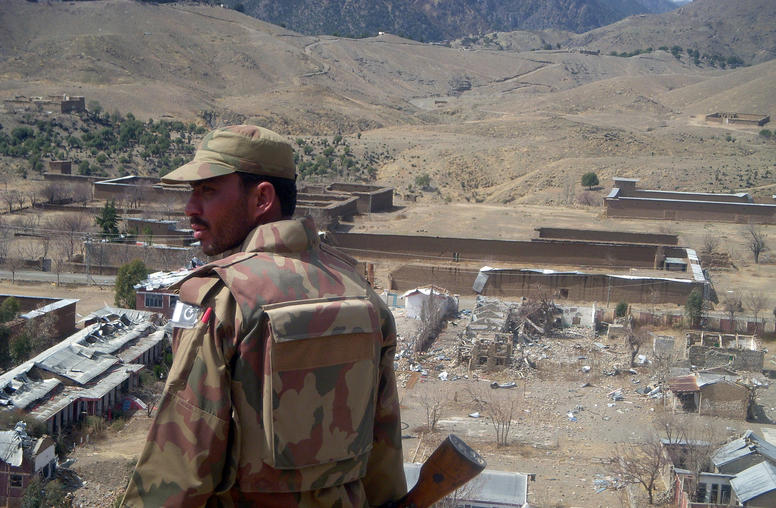
The Evolution and Potential Resurgence of the Tehrik-i-Taliban Pakistan
Following its formation in 2007, the Tehrik-i-Taliban Pakistan (TTP) emerged as one of Pakistan’s deadliest militant organizations. Military efforts severely curtailed the TTP’s ability to launch attacks by 2016, but recent signs—including a deadly attack in Quetta on April 21—suggest the group is attempting to rebuild its operational capacity. This report charts the rise and decline of the TTP and explores options for the Pakistani state, with cooperation and support from the United States, to stifle its resurgence.
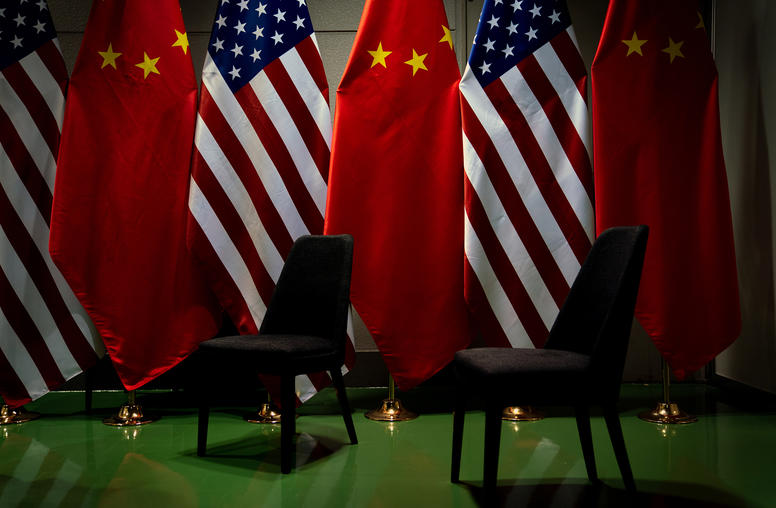
Enhancing U.S.-China Strategic Stability in an Era of Strategic Competition
As strategic competition between the United States and China intensifies, preventing a destabilizing arms race and lowering the risk of military, especially nuclear, confrontation is critical. The essays in this volume—based on a series of workshops convened by USIP’s Asia Center in late 2020—highlight both the striking differences and the commonalities between U.S. and Chinese assessments of the root causes of instability and the drivers of conflict in the nuclear, conventional missile and missile defense, space, cyberspace and artificial intelligence realms.
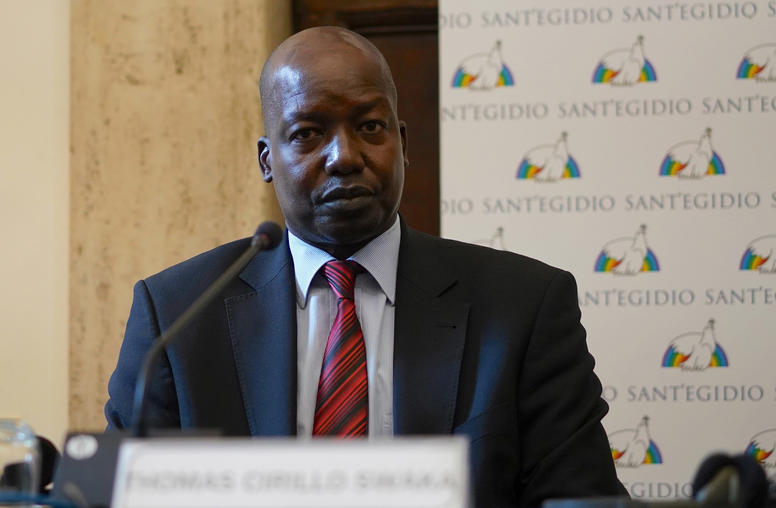
Conflict and Crisis in South Sudan’s Equatoria
South Sudan’s civil war expanded into Equatoria, the country’s southernmost region, in 2016, forcing hundreds of thousands to flee into neighboring Uganda in what has been called Africa’s largest refugee exodus since the 1994 Rwandan genocide. Equatoria is now the last major hot spot in the civil war. If lasting peace is to come to South Sudan, writes Alan Boswell, it will require a peace effort that more fully reckons with the long-held grievances of Equatorians.
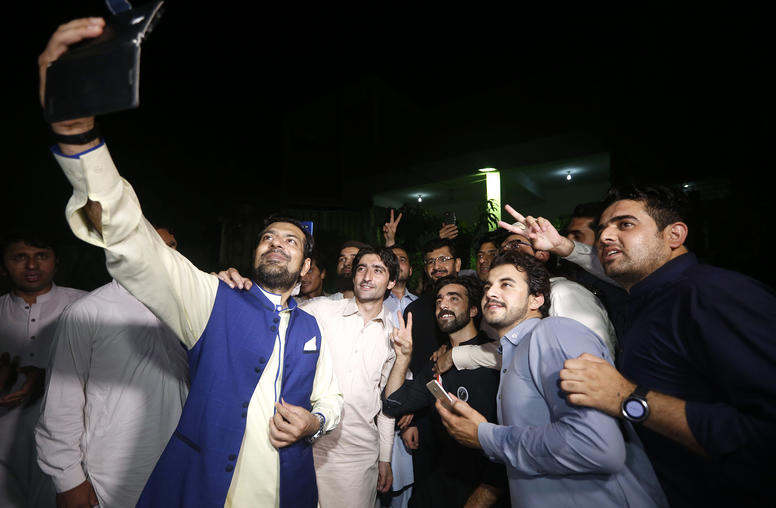
Extending Constitutional Rights to Pakistan’s Tribal Areas
When Pakistan’s Federally Administered Tribal Areas were officially merged into Khyber Pakhtunkhwa Province in May 2018, the five million residents of the former tribal areas acquired the same constitutional rights and protections—including access to a formal judicial system—as Pakistan’s other citizens. This report, based on field research carried out by the authors, explores the status of the formal justice system’s expansion, finding both positive trends and severe administrative and capacity challenges, and offers recommendations to address these issues.
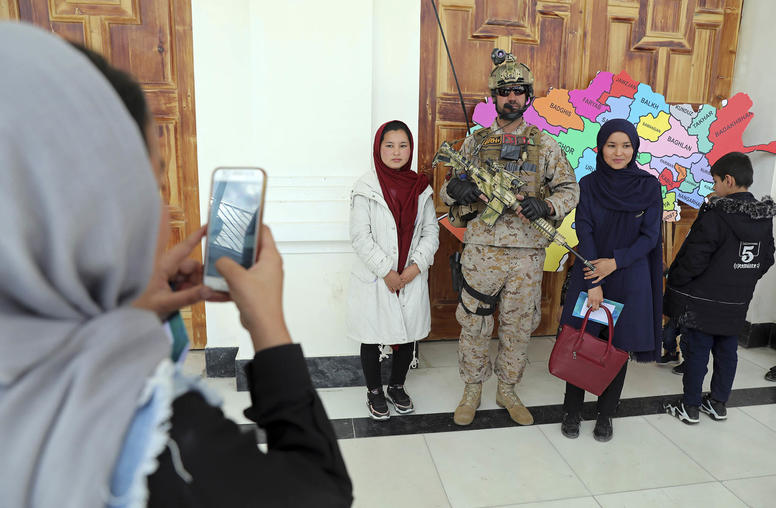
“No Going Backward”: Afghanistan’s Post–Peace Accord Security Sector
Failure to plan realistically for needed changes in Afghanistan’s security sector following a peace settlement—and failure to start phasing in changes now—will lead to post-settlement instability. This report examines the particular challenges Afghanistan will face, with examples from the climate following peace settlements in other parts of the world offering insight into what may occur and possibilities for response.
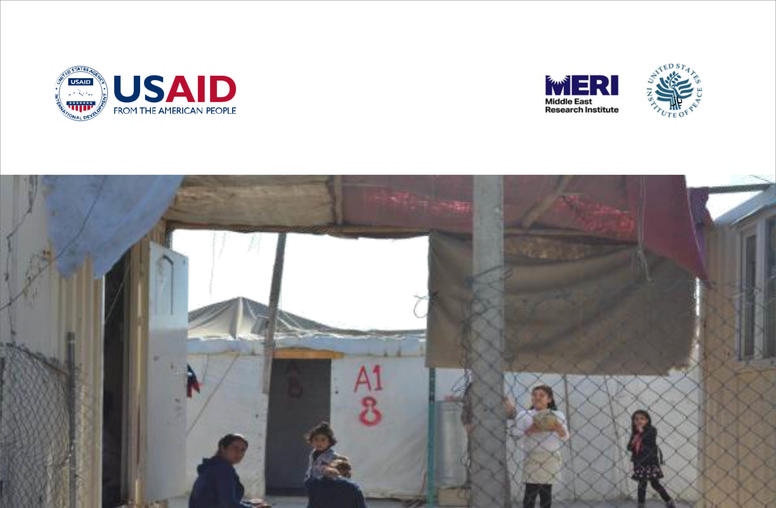
Ninewa Plains and Western Ninewa: Barriers to Return And Community Resilience (Arabic)
This report is a meta-analysis of the vast literature on Ninewa IDPs and the barriers to their return. It covers important analytical and contextual gaps with firsthand research to inform and enhance stakeholder policies.